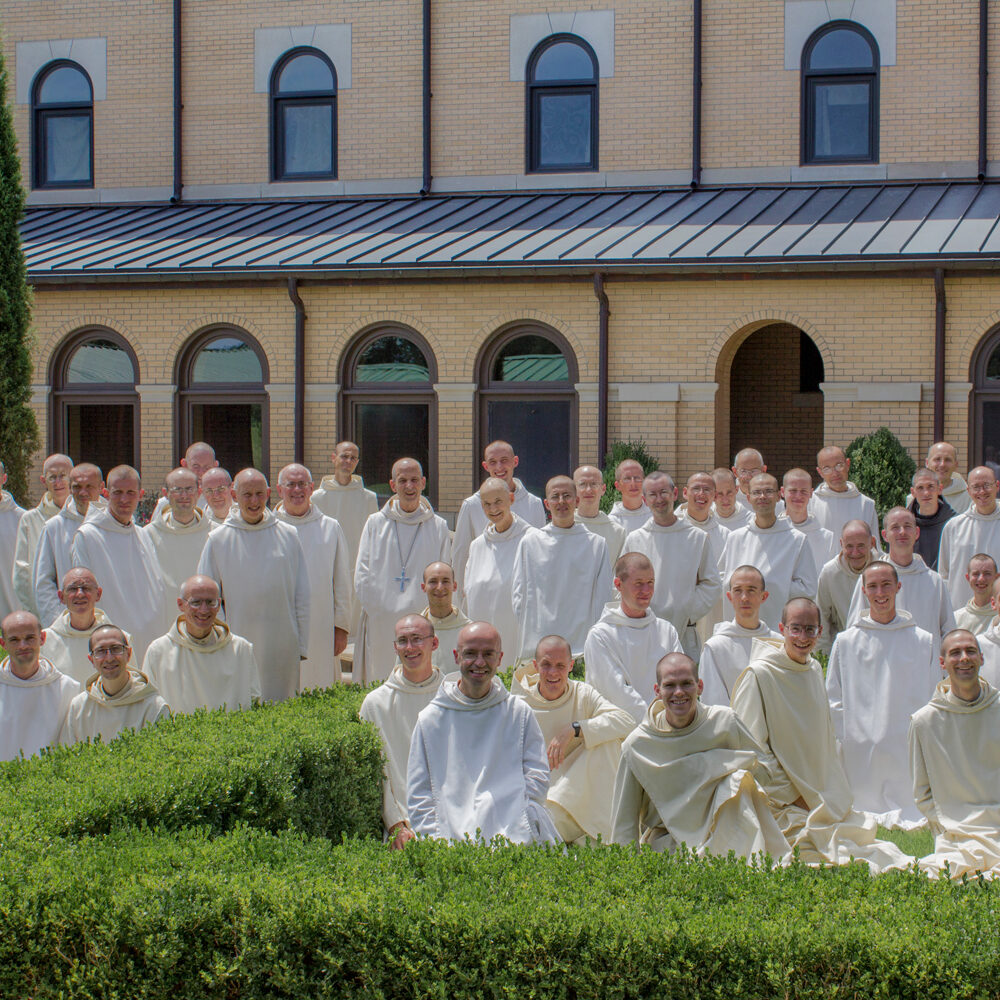When Jesus was born in Bethlehem of Juda, in the days of king Herod, behold there came wise men from the East to Jerusalem, saying “Where is he that is born King of the Jews?” (Matt. 2:1)
Dear Brothers and Sisters in Christ,
My very Dear Sons,
In some places today’s feast of the Epiphany is referred to as the “Feast of the Kings.” It is not hard to understand why. Although the narrative of Saint Matthew refers to the travelers from the East as “Magi,” which is to say “wise men,” making no mention of their royal estate, Catholic tradition has associated with these mysterious figures several verses of Psalm 71: “The kings of Tharsis and the islands shall offer presents: the kings of the Arabians and of Saba shall bring gifts: And all kings of the earth shall adore him…” (vv. 10-11).
But who is truly king in this wonderful story of the visit of the three men from the Orient? It is true that the Magi, what little we know of them, impress us as having a noble bearing and purpose. They sacrifice their own interests in order to accomplish a worthy action that was put in their hearts by a higher power. They deal honestly and forthrightly, being careful to present themselves in Jerusalem to the highest authorities. We can well imagine them to be kings, indeed.
It is to King Herod, however, that the Magi defer with regard to their quest. They humbly ask his advice regarding the birth of the king of the Jews. They are polite and “politick” in recognizing Herod as the legitimate authority over Israel where they are guests. Perhaps we must say, then, that the real king is Herod.
On the other hand, at that moment of history, at the very top of the greatest political organization ever known, the Roman Empire, sat Caesar Augustus. The Romans had learned to dislike the name of “king” in the ancient times before the Roman Republic was instituted. When later the Caesars began to assume the role of monarchs, they were therefore called “Emperor” (in Latin “Imperator”) rather than “king.” But these men were truly kings, and kings on a vast scale. So, perhaps, it is Caesar who is really the king here. Next to Augustus Herod appears as a mere puppet, the lowly subordinate of Caesar.
Meanwhile, in the Stable of Bethlehem, some very remarkable personages are assembled. The Blessed Virgin Mary, of the house and kindred of David, could surely claim the title of “queen” were she wanting to do so, were she less humble. She too is of noble bearing and soul, belonging to a kingly lineage. Furthermore, we Christians know that she was destined to become the Queen of men and of angels. So, who is really king? Saint Joseph, of the same noble lineage stemming from King David, might also be said to have royal quality. Surely he would have made the best of kings, as he was just and chaste. Finally, pushing things a bit far, perhaps, the poor Ox, standing there in the corner of the stable, is a kind of king. In antiquity the ox was considered to be the greatest of domestic animals, the king of beasts of burden.
However, we all know who really was and is king among all these excellent persons, whether present in Bethlehem or elsewhere. The Three Wise Men, those Three Kings of Orient, recognize for their part who He is, and that is why they have come bearing kingly gifts and have traveled so many miles in order to worship the “King of the Jews” announced by the star. The royalty of the Christ Child—for He is the one we are meaning, of course—is not lost on Herod either, who, feeling jealous and threatened in his own pitiful kingship, decides to eliminate this rival announced by the prophets of Israel, this Messiah to be born in Bethlehem, by sending out soldiers to put to death all the male infants in and around the town. He clearly senses—and rather keenly—the presence of a king greater than he. “Go and diligently inquire after the child,” he craftily suggests to the Magi, “and when you have found him, bring me word again, that I may come and adore him.” (Matt. 2:8)
Even Caesar Augustus, though he knew nothing of Christ, ordered the great census that brought the Holy Family to Bethlehem in the first place. In God’s providence, this action of Caesar also pointed in some way to the true King of Heaven and Earth born in Bethlehem. One day another Caesar, by the name of Constantine, would adore the one true Emperor of the Universe, the one true King of kings.
In the end, as the Psalm prophesied long ago: “All kings of the earth shall adore him…” Would that all the nations of the earth today, along with all their sovereigns and heads of state, accomplish this same act of adoration due in strict justice to God. Then there would be an end to the needless violence and hatred so prevalent in the world. Then there would be peace greater than any established by Rome. And some day, some day it shall truly come to pass. In the mean time, let us join all the kings and noble personages who surround the Christ Child in Bethlehem—even the good ox—, in order to adore the only One who deserves unreservedly the title of king. Venite Adoremus. Amen. Alleluia.




